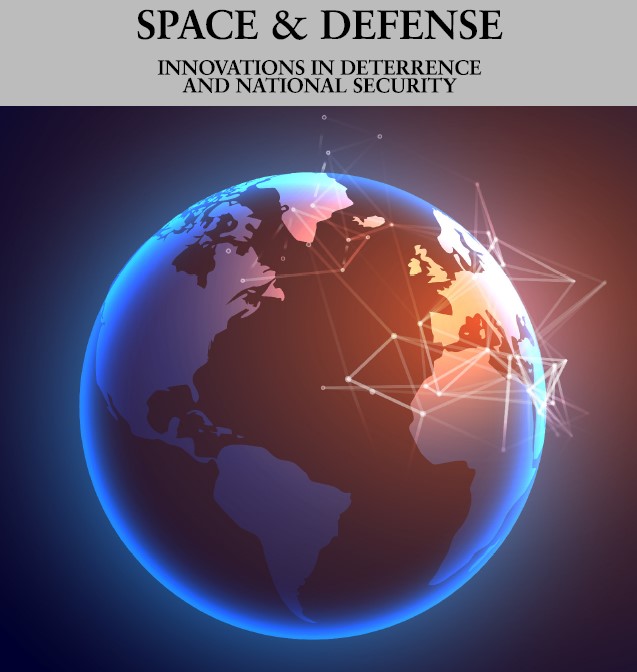Space and Defense

Abstract
More consideration ought to be accorded “loud” cyber weapons for signaling resolve in 21st century deterrence contests.
“Deterrence is at times a necessary or useful instrument of foreign policy, but the correct and prudent use of deterrence strategy is by no means self-evident or easily determined in all circumstances.”
In their seminal text, Alexander L. George and Richard Smoke thoroughly examined the topic of deterrence, tracing its historical roots and conducting case studies on its use. The product of this intense study was a formula that encapsulates the essence of deterrence theory. “In its simplest form, deterrence is merely a contingent threat: ‘If you do x, I shall do y to you.’ If the opponent expects the costs of y to be greater than the benefits of x, he will refrain from doing [x]; he is deterred.” Since its pronouncement, this formula has been codified in Department of Defense (DoD) doctrine, most recently in the DoD’s “Deterrence Ops Joint Operating Concept” and it’s “Cyber Strategy.”
DOI
10.32873/uno.dc.sd.11.01.1093
Recommended Citation
Goines, Timothy
(2019)
"Communicating Cyber Consequences,"
Space and Defense: Vol. 11:
No.
0, Article 5.
DOI: 10.32873/uno.dc.sd.11.01.1093
Available at:
https://digitalcommons.unomaha.edu/spaceanddefense/vol11/iss0/5
Included in
Asian Studies Commons, Aviation and Space Education Commons, Defense and Security Studies Commons, Eastern European Studies Commons, International Relations Commons, Leadership Studies Commons, Near and Middle Eastern Studies Commons, Nuclear Engineering Commons, Science and Technology Studies Commons, Space Vehicles Commons
